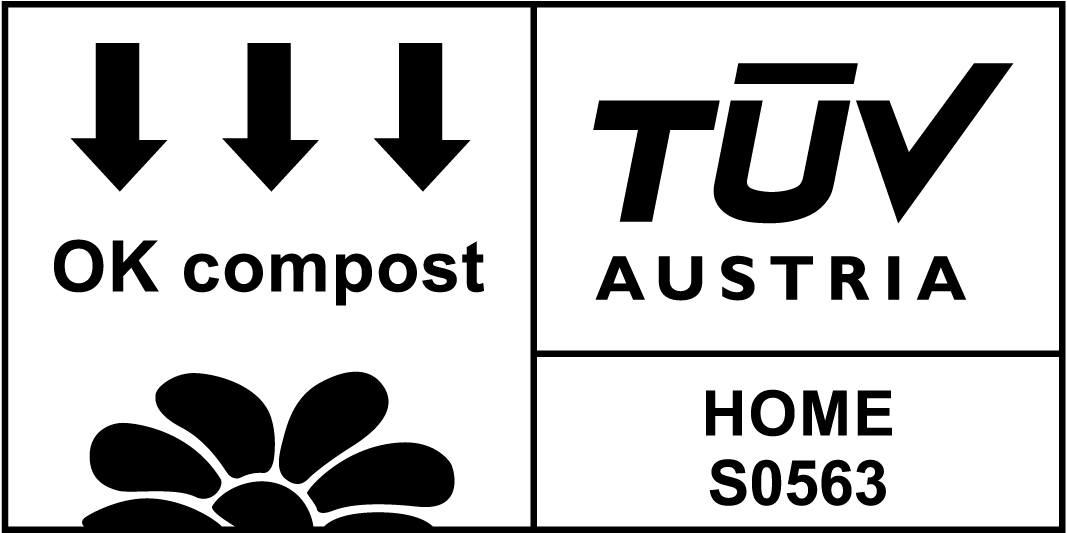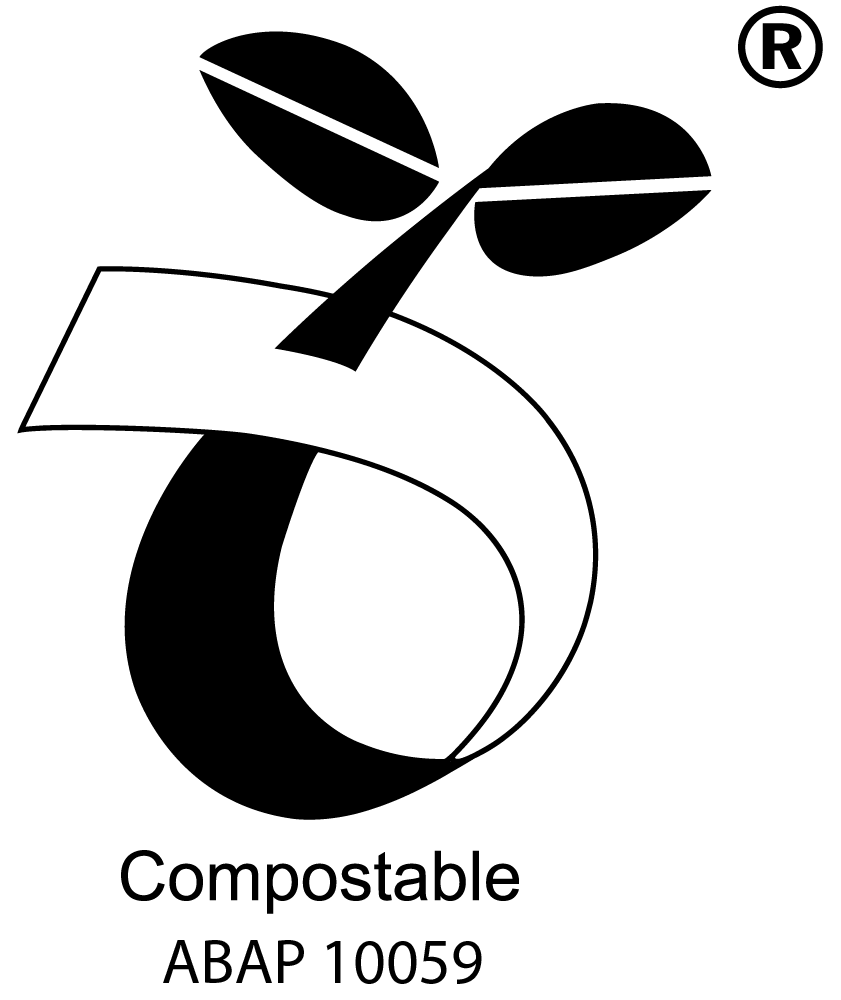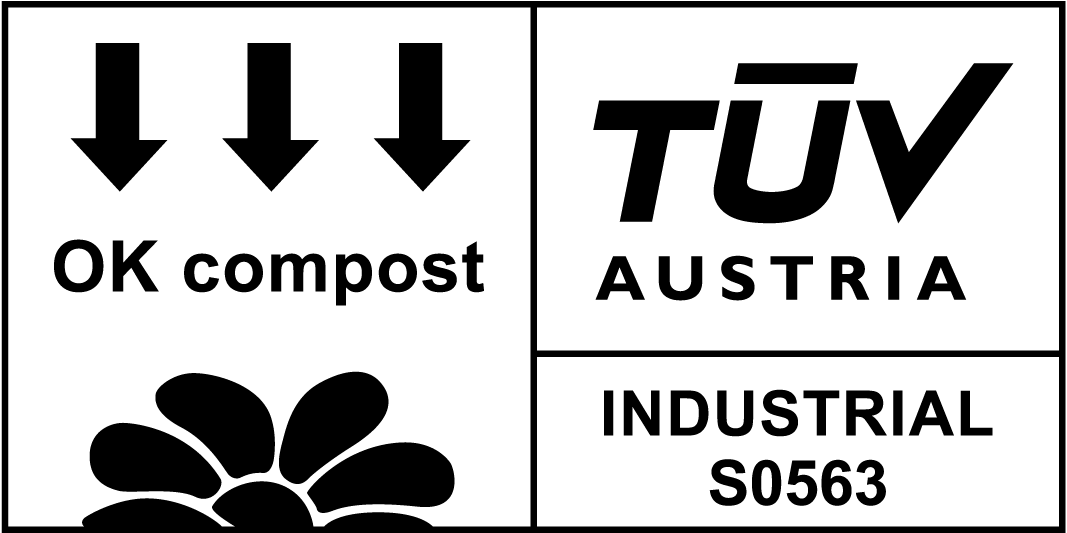
At GoSweetSpot, we offer both compostable and recycled plastic bags to suit your shipping needs while also considering their impact on our environment. Each type has their own unique strengths and attributes that will determine which one you would prefer for your parcels. With both materials, we have tried to balance environmental impact with durability so regardless of which option you choose, the environmental impact is lower than alternative products.
If you are an existing customer with us, you can go to the Supplies tab on the dashboard to buy various courier-related items. If you haven’t signed up with us, don’t worry! You can purchase our compostable and plastic bags (plus many more handy supplies!) please visit couriersupplies.co.nz.
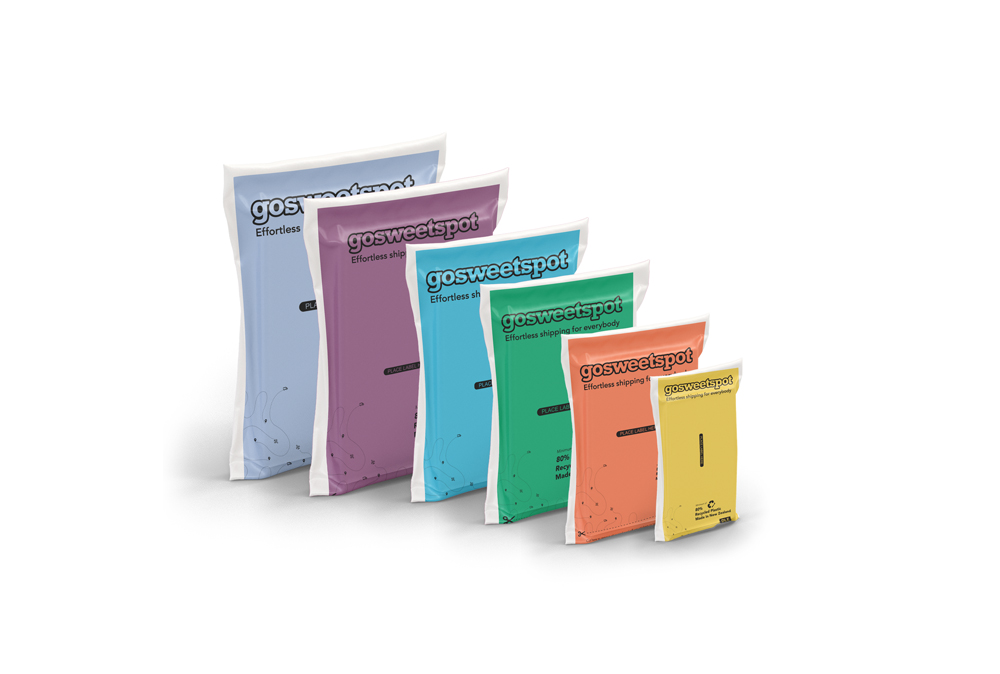
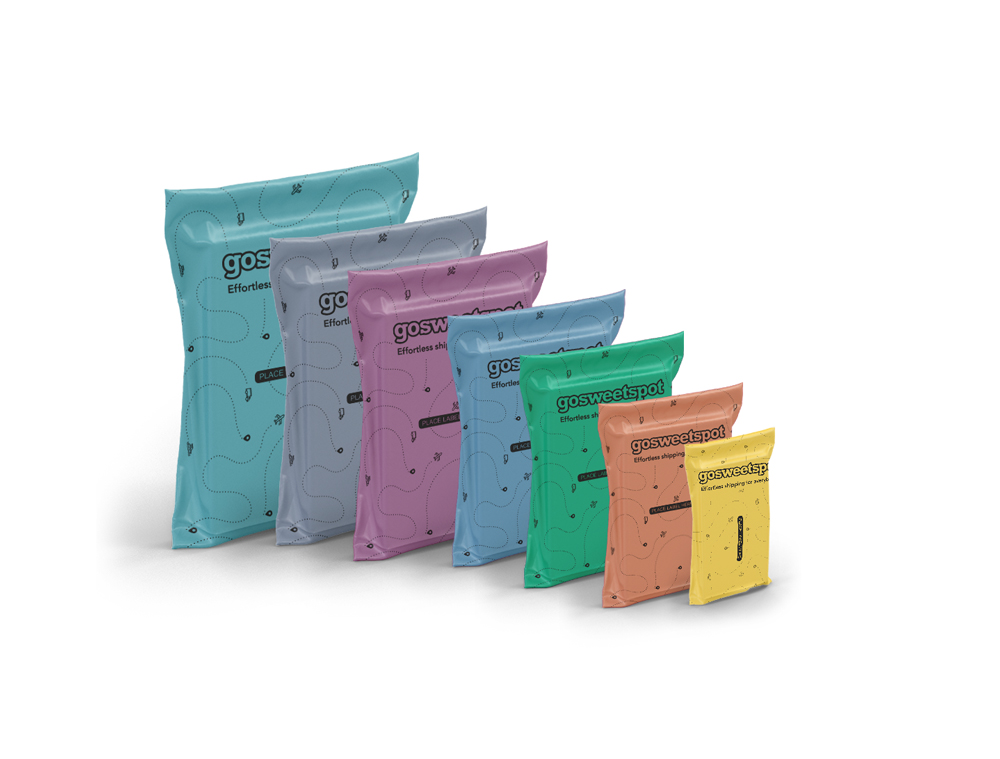
What size are GoSweetSpot Bags?
Recycled Plastic Bags
Compostable bags
A1
450 x 540mm
A2
450 x 450mm
A3
360 x 415mm
FS
280 x 390mm
A4
235 x 325mm
A5
210 x 260mm
DLE
150 x 260mm
What are each of these bags made out of?
Recycled Plastic Bags
These bags are made through processing NZ manufacturing waste and recycled resin from third-party processors. Alongside the resin processors, our supplier sources post-consumer recycled LDPE (Low-Density Polyethylene). These recycled contents make up at minimum, 80% of the bag’s material.
Compostable bags
Our compostable bags are derived from biopolymers and co-polymer; PBAT (polybutylene adipate terephthalate), Corn-starch and PLA (polylactic acid). Our compostable bags do not contain any conventional plastic whatsoever. With our high quality resourced materials, our bags decompose in compost faster than other compostable products on the market.
LDPE
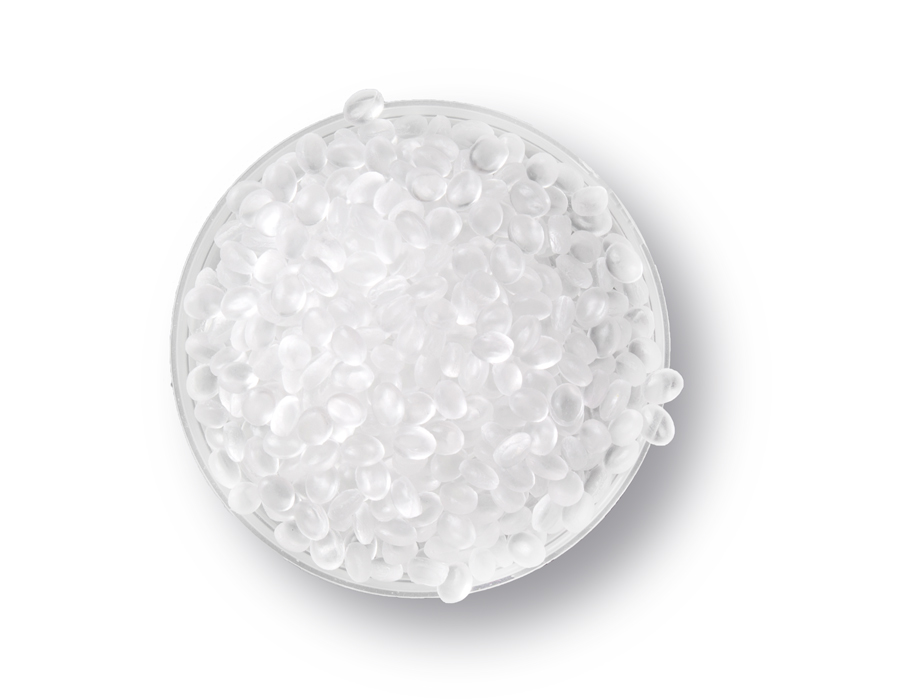
LDPE Recycled Material
PBAT
PLA
+
(Representation of PBAT Pellets)
Biodegradable Copolymer
(Representation of PLA Pellets)
Derived from corn starch and sugar cane, put through a fermentation process to produce pellets of material that can tbe used to create strong, flexible products.
What should I do with the bags once they’ve been used?
Recycled Plastic Bags
Cut off the end where the glue is based and recycle the bags in soft plastic recycling stations. Soft plastic recycling stations are different to our normal everyday recycling bins. They would need to be taken to a special soft plastic recycling station. Please click on this link to find out more about where soft plastic recycling stations are located https://www.recycling.kiwi.nz/store-locator
Remove or cut off any added glue (labels/stickers) still attached and place the bag itself into your compost bin. If you do not have a home compost, you can send them to your nearest commercial composting facility. To find a composting facility, please follow this link https://www.wasteminz.org.nz/nz-facilities-that-accept-compostable-packaging. There are also helpful apps you can use to share another person’s compost, such as Sharewaste.
Which bag should I choose for my business?
Recycled Plastic Bags
Our range of recyclable plastic bags are perfect for those that prefer to buy their bags in bulk as plastic bags have a longer shelf life than compostable bags. Plastic also has stronger durability to facilitate for heavier items that you wish to send out.
Compostable bags
These certified compostable bags completely break down in a home compost in 180 days, or in a commercial compost in 90 days. This has the added benefit of returning nutrients to our earth. These bags are a great alternative to plastic bags if durability isn’t a major factor.
How long will they take to break down?
Recycled Plastic Bags
Our recycled bags are made from recyclable plastic, so they can take a millennium to breakdown unless they are recycled again through the soft plastic recycling stations. This creates valuable plastic waste to use on other recycled products and helps divert waste from going into landfills.
Compostable bags
Our compostable bags are designed to have a shorter lifetime to avoid damaging the environment. Depending on the condition they are kept in, these bags are designed to last between 6 to 12 months, however some other factors may affect their longevity. The only residue left behind after fully decomposing is a soil enhancer which is returned to the earth as plant food.
